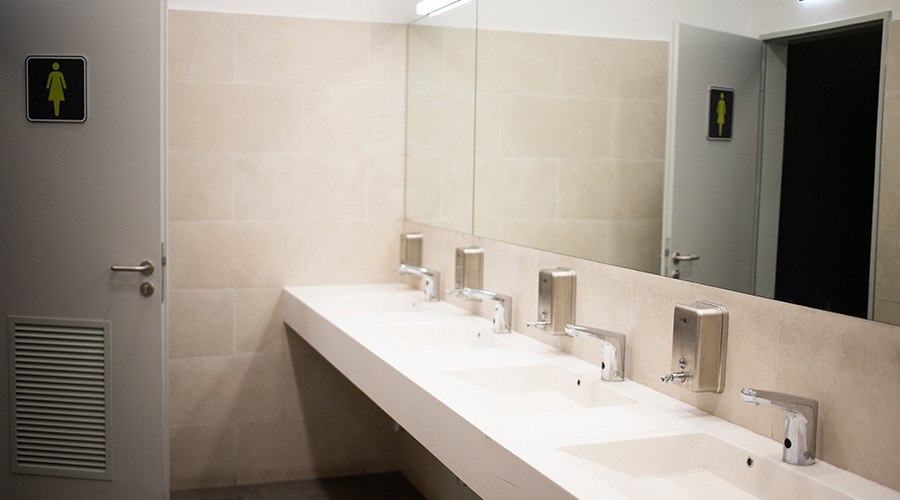Q: I work in a hospital. When we conduct our routine scheduled fire drills are we required to actually activate the fire alarm pull station, horns or strobes? Are we required, during a fire drill, to check that a signal was sent from our facility to the fire department/alarm company? This could be problematic as horns and strobes are very disruptive. We test these functions during the alarm testing but we have not been activating the alarms during fire drills. Should our procedures be changed?
A: Yes… All of the occupant notification devices (i.e. horns, chimes, strobes, bells, whistle, etc.) MUST be activated during all fire drills, with the exception of those drills conducted during the hours from 9:00 pm to 6:00 am. During the evening hours, a coded announcement may be used in lieu of activating the audible devices. Section 19.7.1.4 of the 2012 LSC is very clear… Fire drills in healthcare occupancies must include the transmission of a fire alarm signal and simulation of emergency fire conditions. Section 19.7.1.6 continues to say fire drills must be conducted quarterly on every shift to familiarize staff with the signals and emergency action required under varied conditions.
The purpose of a fire drill is multi-fold:
• For staff to become familiar with the emergency process
• To evaluate the staff’s response to the fire alarm signal
• To evaluate the building’s response to the fire alarm signal
• To evaluate the fire alarm system’s response
Section 19.7.1.2 says all employees must be periodically instructed and kept informed with respect to their duties under the fire response plan. This is accomplished by conducting fire drills, and then having trained observers in certain locations of the hospital to evaluate the staff’s response.
Some accreditation organizations have specific standards that requires all staff to participate in every drill in accordance with the hospital’s fire safety plan. This means if the fire alarm is initiated on the 4th floor, what do you expect staff to do on the 1st floor? Basically, they need to close their doors and be prepared to receive evacuated patients from the 4th floor. How do you know if the staff did this on the 1st floor if you don’t have observers watching for it?
Yes… horns and strobes can be disruptive… That’s the whole idea of a fire alarm notification system: To disrupt the normal activity and alert everyone that there is a fire emergency. Routine fire drills should be anything but routine. Every hospital should take fires seriously and be prepared for the unfortunate event should it ever occur. Therefore, fire drills are the utmost importance, and everyone (as much as practical) should participate in each drill. Don’t forget that one of the purposes of the fire drill is to educate staff on the emergency process. That is why the Life Safety Code requires so many each year.
No… there is no requirement to ensure the fire alarm signal is received at the local fire department for each fire drill.
Brad Keyes, CHSP, is the owner of KEYES Life Safety Compliance, and his expertise is in the management of the Life Safety Program, including the Environment of Care and Emergency Management programs.

 What Lies Ahead for Healthcare Facilities Managers
What Lies Ahead for Healthcare Facilities Managers What's in the Future for Healthcare Restrooms?
What's in the Future for Healthcare Restrooms? Hammes Completes the Moffit Speros Outpatient Center
Hammes Completes the Moffit Speros Outpatient Center The Top Three Pathogens to Worry About in 2026
The Top Three Pathogens to Worry About in 2026 Blackbird Health Opens New Pediatric Mental Health Clinic in Virginia
Blackbird Health Opens New Pediatric Mental Health Clinic in Virginia